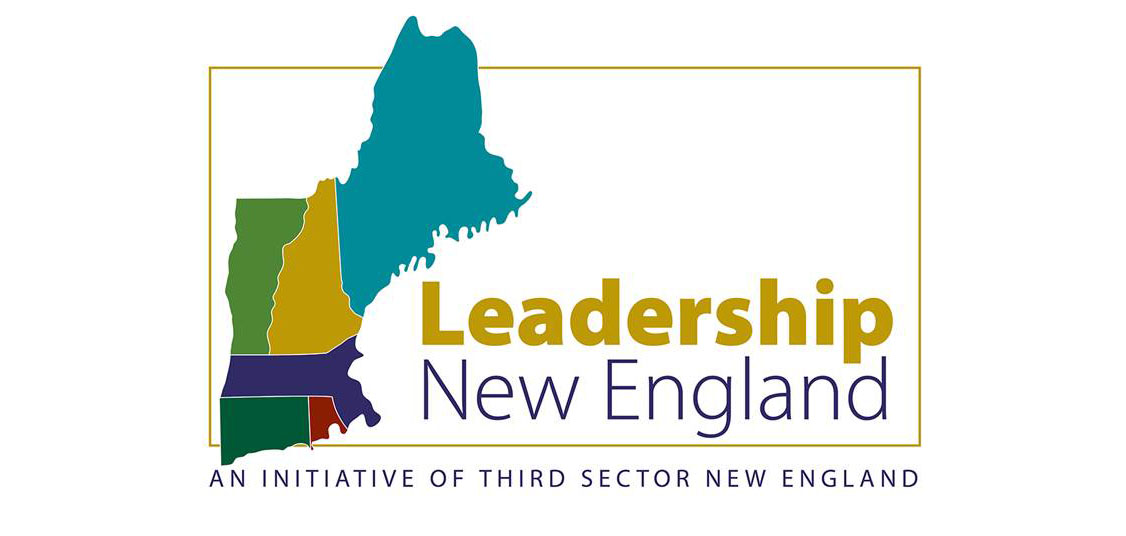Download the full report (pdf).
Over the last several years, the literature about the nonprofit sector has been filled with alarming predictions about key trends that would negatively affect the sector’s effectiveness and resiliency in the years to come. Then, the Great Recession hit and many of these predictions—the imminent departure of baby boomers, nonprofits closing or merging, and the sector crumbling—did not pan out.
The ongoing, against-the-odds resiliency of the nonprofit sector in New England and across the country is remarkable to see. But as this study shows, it is a very fragile resiliency. The sector’s success and impact continue to rely on unsustainable trends, including overworked, underpaid leaders and staff; a never-ending fight to balance budgets and build stable organizations; a lack of investment in professional and leadership development and organizational infrastructure; and a continuing struggle to work out the optimal role for nonprofit boards. Nonprofits in New England and across the nation will continue to play a vital part in building stronger communities and a more just and equitable society. But the sector’s resiliency is at its outer limit.
As this report sets out to show, it is time to shift how we think about nonprofits in New England and consider what supports they need to succeed. To the extent we do so, we will be able to predict with certainty that New England’s nonprofits can remain resilient and effective well into the future — and can continue to contribute to the vibrancy of our communities, our people, and our region.
This report profiles New England’s nonprofits and their leaders and recommends three shifts in that will help the sector become more sustainable and healthy.
Three Essential Shifts
#1 Shift the framework for succession planning to deep sustainability.
With two-thirds of leaders reporting their departure, it is time to change how the sector thinks about and prepares for change.
#2 Shift the vision for governance.
The expectations and responsibilities of boards need to shift in favor of governance over fundraising to develop more capacity for organizations to achieve their goals.
#3 Shift the structural paradigm to robust investment in the sector.
Nonprofits can run great programs, but in order to be sustainable in the long-term, we need to face up to the realities of what it takes to lead and manage organizations — financial capital, leadership development, and a well-compensated staff.
Download more reports.
Download more findings from our Hartford-area Leadership New England survey respondents from the Hartford Foundation for Public Giving grantmaking region.
